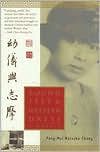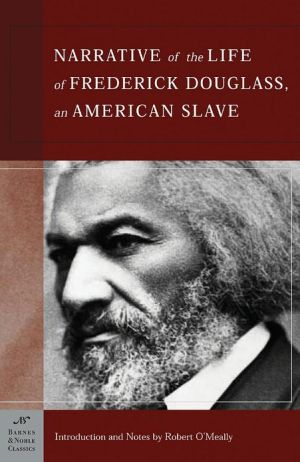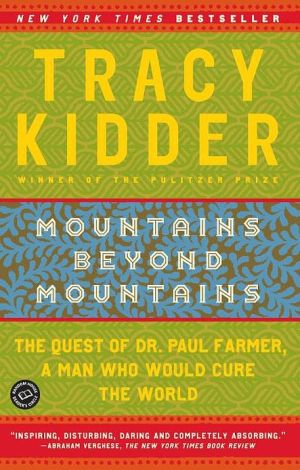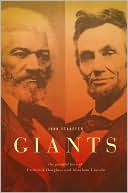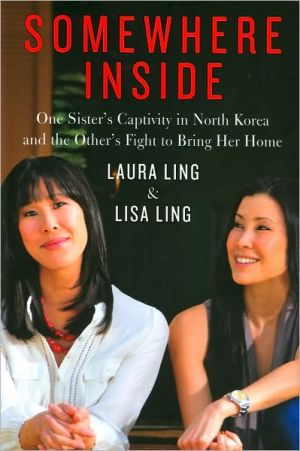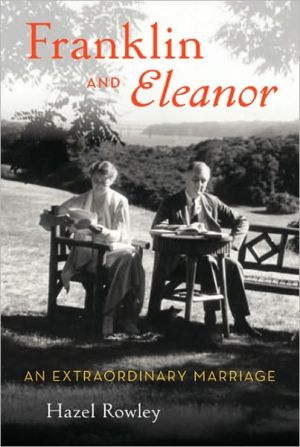Bound Feet and Western Dress: A Memoir
"In China, a woman is nothing."\ Thus begins the saga of a woman born at the turn of the century to a well-to-do, highly respected Chinese family, a woman who continually defied the expectations of her family and the traditions of her culture. Growing up in the perilous years between the fall of the last emperor and the Communist Revolution, Chang Yu-i's life is marked by a series of rebellions: her refusal as a child to let her mother bind her feet, her scandalous divorce, and her rise to...
Search in google:
This dual memoir examines the challenge of reconciling Chinese tradition with modern Western ideas. Publishers Weekly In this exquisite memoir, Chang Yu-i, the daughter of a distinguished Chinese family, recreates her life for her American-born grandniece, Pang-Mei, a Harvard student who is conflicted about her identity. Born in 1900, during the Boxer Rebellion, Yu-i was a victim of the tension between Western ideas and Chinese tradition. Her parents were sufficiently progressive not to insist on binding her feet but nevertheless believed that a woman was nothing except the obedient servant of her husband, in-laws and children. Dutifully, Yu-i accepted the marriage they arranged for her to Hsu Chi-mo, a poet so entranced by Western culture that, on their wedding night, he declared his intention to have the first Western-style divorce in China. Although this did not happen at once, after Yu-i had born him a son and submitted to several years of his cruelty, he deserted her while she was again pregnant. Refusing his demand that she abort the child, but ashamed to face disgrace at home, and rejecting thoughts of suicide, she joined her brother in Germany, where she educated herself, becoming a teacher and a successful businesswomaneventually the first woman vice-president of the Shanghai Women's Bank. With details of a life that straddled pre-Communist and Communist China, this is an enthralling tale of a woman who achieved independence despite great odds. Photos. (Sept.)
"In China, a woman is nothing."\ \ Thus begins the saga of a woman born at the turn of the century to a well-to-do, highly respected Chinese family, a woman who continually defied the expectations of her family and the traditions of her culture. Growing up in the perilous years between the fall of the last emperor and the Communist Revolution, Chang Yu-i's life is marked by a series of rebellions: her refusal as a child to let her mother bind her feet, her scandalous divorce, and her rise to Vice President of China's first women's bank in her later years.\ \ In the alternating voices of two generations, this dual memoir brings together a deeply textured portrait of a woman's life in China with the very American story of Yu-i's brilliant and assimilated grandniece, struggling with her own search for identity and belonging. Written in pitch-perfect prose and alive with detail, Bound Feet and Western Dress is the story of independent women struggling to emerge from centuries of customs and duty.
\ Publishers Weekly - Publisher's Weekly\ In this exquisite memoir, Chang Yu-i, the daughter of a distinguished Chinese family, recreates her life for her American-born grandniece, Pang-Mei, a Harvard student who is conflicted about her identity. Born in 1900, during the Boxer Rebellion, Yu-i was a victim of the tension between Western ideas and Chinese tradition. Her parents were sufficiently progressive not to insist on binding her feet but nevertheless believed that a woman was nothing except the obedient servant of her husband, in-laws and children. Dutifully, Yu-i accepted the marriage they arranged for her to Hsu Chi-mo, a poet so entranced by Western culture that, on their wedding night, he declared his intention to have the first Western-style divorce in China. Although this did not happen at once, after Yu-i had born him a son and submitted to several years of his cruelty, he deserted her while she was again pregnant. Refusing his demand that she abort the child, but ashamed to face disgrace at home, and rejecting thoughts of suicide, she joined her brother in Germany, where she educated herself, becoming a teacher and a successful businesswomaneventually the first woman vice-president of the Shanghai Women's Bank. With details of a life that straddled pre-Communist and Communist China, this is an enthralling tale of a woman who achieved independence despite great odds. Photos. (Sept.)\ \ \ \ \ Library JournalA nonfiction Joy Luck Club from a Chinese American lawyer.\ \ \ Kirkus ReviewsChang, a lawyer and first-generation Chinese-American, tells the story of her great-aunt's long, often hard, remarkable life.\ Chang Yu-i was born in 1900 to a large and affluent family. As she grows up traditional China is gradually becoming Westernized: Yu-i herself is the first girl in her family to escape foot-binding; she is always aware of how this gave her freedom. Married at 15 to a scholar (and later renowned poet Hsu Chih-mo), a mother at 18, Yu-i is a docile wife and daughter-in-law who obeys the customs of filial devotion dutifully. But her husband is uncaring, often absent, and she feels restless and uneducated. Their marriage continues to deteriorate even after she leaves their son in China and joins her husband in Cambridge, England. He disappears, and pregnant, lonely, and depressed, Yu-i moves to Berlin with a brother and studies to become a teacher. Her husband returns to ask for a divorce, and Yu-i reluctantly agrees, without her parents' permission, to what would be the first modern, "no-fault" divorce in China. She emerges from this experience a determined, strong young woman. After the tragic early death of her second son, Yu-i returns to China and combines her traditional background and Western knowledge to become a successful businesswoman and bank vice president. Believing strongly that "love means taking responsibility, fulfilling a duty," she takes care of her in-laws and parents until their deaths. After a second marriage in Hong Kong, she ends her long life in New York City, resilient to the last.\ Around Yu-i's first-person story Chang writes of her own struggle to assimilate into suburban America and succeed as both a regular American girl and a dutiful Chinese daughter. However, these parts of the book pale beside Yu-i's fascinating life and her plainspoken wisdom.\ \ \
